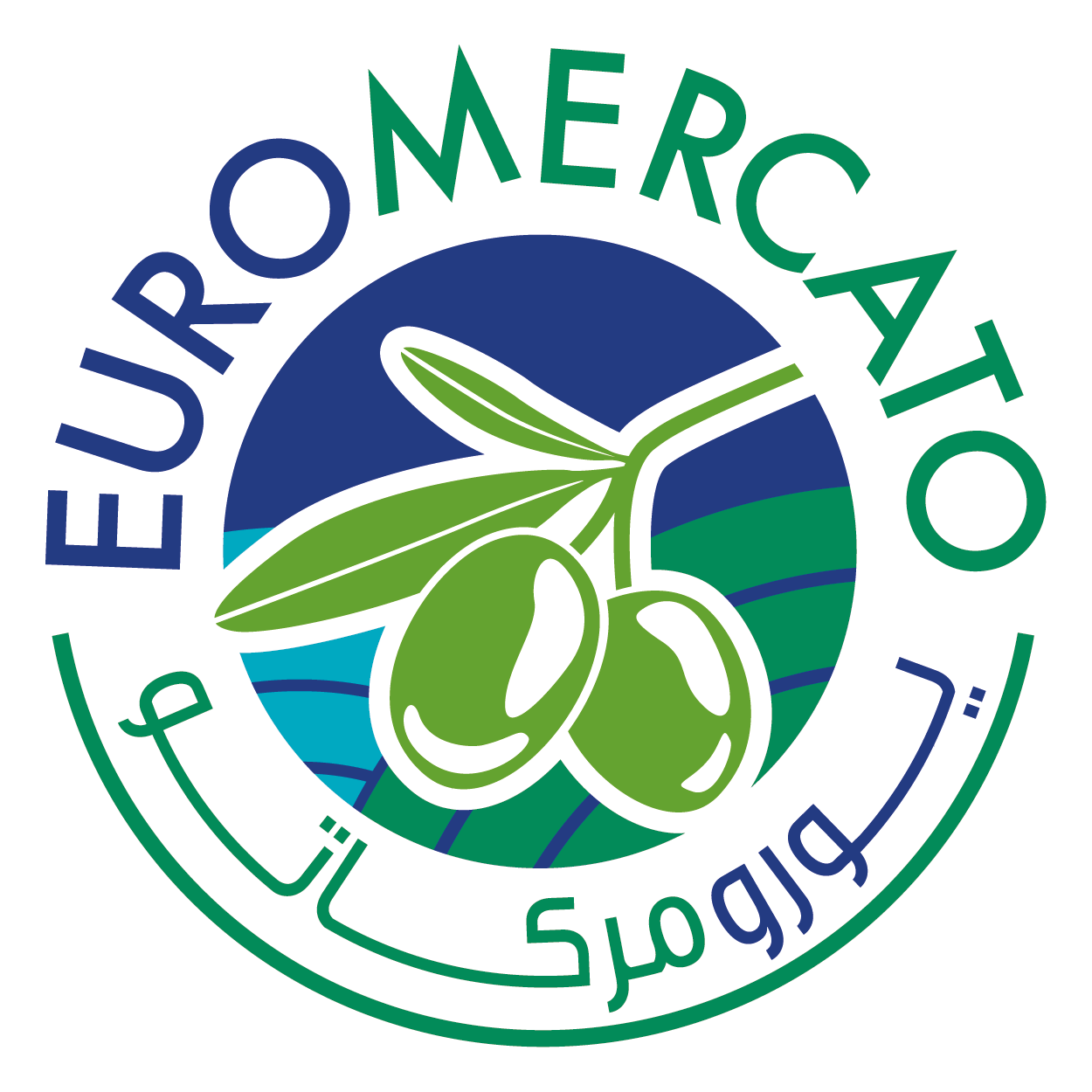When it comes to food preparation, we’re often told to eat fresh. It’s almost the default response at grocery stores and markets alike. The general rule goes: go with frozen or canned food only when you have no other choice. Otherwise, make sure you cook and shoot for fresh produce with your ingredients. In contrast to this perspective, though, lack of freshness does not necessarily rob food of nutritional value.
In fact, there are even arguments against those claims. Albeit fresh, produce goes through quite the grueling process before they’re on grocery shelves. For the most part, it takes a lot of time for them to be transported over long distances and sold. In that very process, exposure to light and air decreases their nutritional value. Meanwhile, frozen and canned goods are able to preserve the said nutrients. In that case, is eating fresh food really that big of a deal? The short answer is: not really.
Frozen is okay when fresh food is unavailable
Frozen fruits and vegetables don’t suffer from loss of nutrients due to travel and the time it takes to sell them. In fact, they are harvested “ripe, at their prime, when they have optimal nutrient content.” While there are minor losses, most of the food’s vitamins and minerals manage to get locked in. An example of this would be fiber content, which decreases slightly because of ice. But then again, it’s only by a small margin.
A 2007 study compared fresh and frozen foods’ nutrient content and found the latter to be superior. Vitamins that can be dissolved by water are dissolved significantly slower when frozen, while those that can be dissolved by fat are “heat stable” or largely unaffected by heat. Therefore, freezing fruits and vegetables provide a good amount of benefits in terms of nutrition. They could even be a bit healthier at times.
Of course, you’d still have to check the common considerations when opting for frozen food. Have a quick glance at their nutritional contents and decide for yourself. Are these nutrients of good use to you? Do you really need that many grams of fat in your diet? Know your body and you’ll know exactly the types of food to eat in order to stay healthy.
It’s “canned,” not “can’t”
The main selling point of canned food is shelf life. You can simply stock up on them and they’ll be edible for months and years on end. On the other hand, the very process of canning decreases a lot of nutrients, such as Vitamin C and Bs. Heat-stable nutrients such as Vitamins E and A, however, are mostly unaffected. Still, it’s a considerable decline in nutritional value when you think of it.
But there are still a couple of positives if you do choose to eat canned food sometimes. In contrast to the slight decrease in fiber content in frozen food, canned products’ fiber content is just as high as their fresh counterparts. Tomatoes even become healthier with canning, as nutrients such as lycopene increase in nutrient value after heating. Meats and other proteins are unaffected in the process, and calcium levels in canned fish may even increase compared to fresh ones. While these benefits are hyperspecific, they are benefits, nonetheless.
Perhaps one rule of thumb that can help when buying canned food is to make sure that they’re packed with natural juice, not syrup. And to make sure that there is no added salt. As a whole, canned food still makes for a good alternative to fresh meals. Its nutrient value is significantly lower compared to the latter. But it’s simply the price we pay for the convenience of having ready-to-eat food at home.
Fresh food is ideal, but not necessary
Fresh food is pretty much still the superior option—there’s no contesting that fact. You’re assured of no preservatives, chemicals, or dyes. If you eat them immediately after purchase, you get the most nutrition value you can get compared to frozen and canned food. And, they generally taste the best with the right preparations. It’s always best to go for fresh.
Nevertheless, it’s good to keep in mind that fewer nutrients are better than no nutrients at all. A not-as-ideal meal is more favorable than not eating. So whenever you don’t have the means to prepare meals from fresh ingredients, the alternatives will still be able to make the cut.
Different options, different situations
Now that you know the pros and cons of fresh, frozen, and canned food, it’s easy to deduce that it all boils down to what’s within reach. If you have the time and knowledge to cook your own food and gather fresh produce, then, by all means, go for it! Should you have less leeway to create full-blown meals, however, frozen food is your second best bet. But if you have almost no time at all, then canned food can serve you well, too.
These different choices exist for good reasons, and it’s best to use them with proper discretion. If you force fresh meals despite lack of time, you’ll end up sacrificing other aspects of your life in the name of staying “healthy,” when there are quicker, almost equally nutritious alternatives. Just take what you can carry.
If you’re looking to read about some recipes you can create from home with fresh ingredients, this Italian Pasta Salad article is a good option! Here are some Nutritious Plant-Based Food Combinations you can pull off as well.














